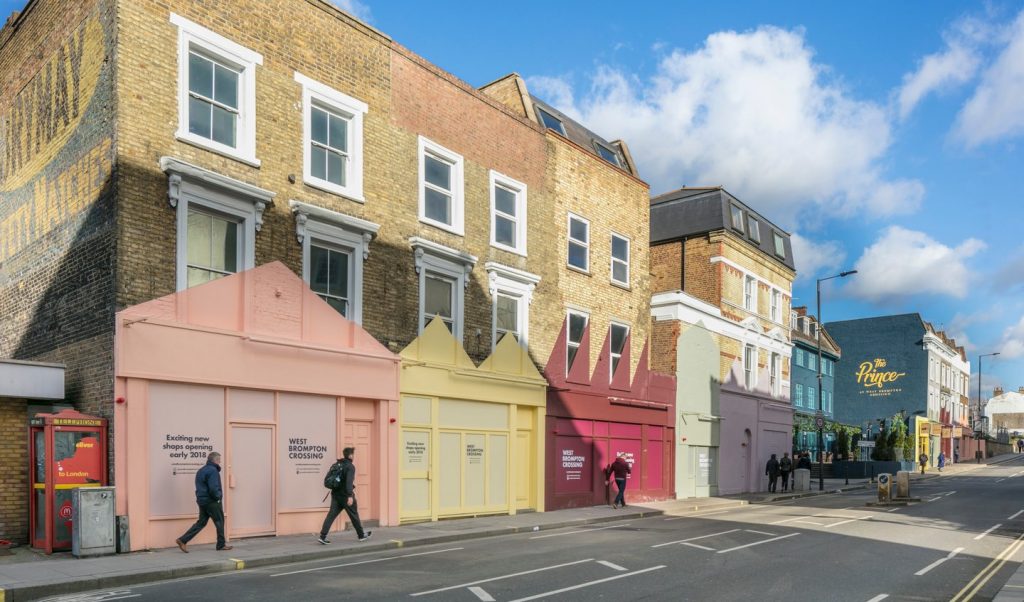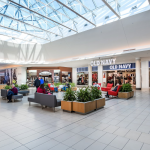The International Council of Shopping Centers’s (ICSC) annual RECon conference – known as the global retail real estate convention – was held in Las Vegas from May 20 through 23 with much buzz. Flexibility reigned supreme as landlords and retail stores admitted a shift in mindset to more flexible leasing solutions that give both parties the ability to adapt and change to the times.
Storefront had the opportunity to be a part of the panel, “How to Attract E-Commerce Brands to Your Vacant Storefront,” moderated by Lauren Thomas, a retail reporter for CNBC, with the following 3 takeaways:
- 1. There is no retail doom.
“Despite the headlines of doom and gloom in retail, there are plenty of companies just getting started in the space and very optimistic about their growth,” stated moderator Lauren Thomas. While retail giants were traditionally able to grow and scale in ways that up-and-coming retailers won’t today, there’s still plenty of hope (and sales) in brick-and-mortar, so long as retailers stay flexible. With brands like Warby Parker, Bonobos and Untuckit (also featured on the panel!) opening up stores nationwide, there’s still a trend for direct-to-consumer brands that are launching stores and experiences offline. In fact, as Brendan Wallace, CEO or Fifth Wall Ventures, stated during the conference, “In the next 5 years most digitally native brands expect to have 25% of their total sales to be offline”.
- 2. Brands (and consumers) have shifted priorities, and landlords need to adapt.
While flagship stores were once considered a brand’s mecca, retailers are starting to invest more in short-term experiences and store activations. As members of the panel acknowledged, ‘offline customers tend to be more loyal and stick with brands, and retailers are engaging customers offline in unique ways’. Thomas also mentioned that “pop-up shops aren’t going away anytime soon. Retailers and landlords alike are going to do more and more of these deals as it becomes the norm.” She also noted that brands are investing more in their own channels to create branding opportunities that they can have more control over. With these shifted priorities, landlords need to make sure that brands have much success when they open these stores through lease flexibility.
- 3. Landlords should stay creative and flexible.
Landlords need to keep a watch on retail trends, by settling for one to two-year leases so brands can test before they commit and adopting to enabling technology (like Storefront’s platform) that gives them easy access to the right brands willing to book immediately. Moreso, landlords should also build relationships with short-term tenants for potential lease extensions and long-term deals down the line. As Brandon Hoffman pointed out on the panel, for pop-up leases in ‘B’ and ‘C’ centers “the manager(s) must know what is selling well in the center and where the consumers are gravitating, and then they must seek online retailers that are complementary,” agreeing that landlords should stay on top of what’s going on in their spaces for future lease deals and money.
List your space for short-term!
- London-Based Lifestyle Brand Mantidy Launches Pop Up in Marylebone - November 13, 2019
- Fashion Retailer SHEIN Opens Dallas Pop-Up Shop With Storefront - November 11, 2019
- Howard Johnson popped-up with a candy-themed store in NYC to support brand refresh - September 13, 2019






